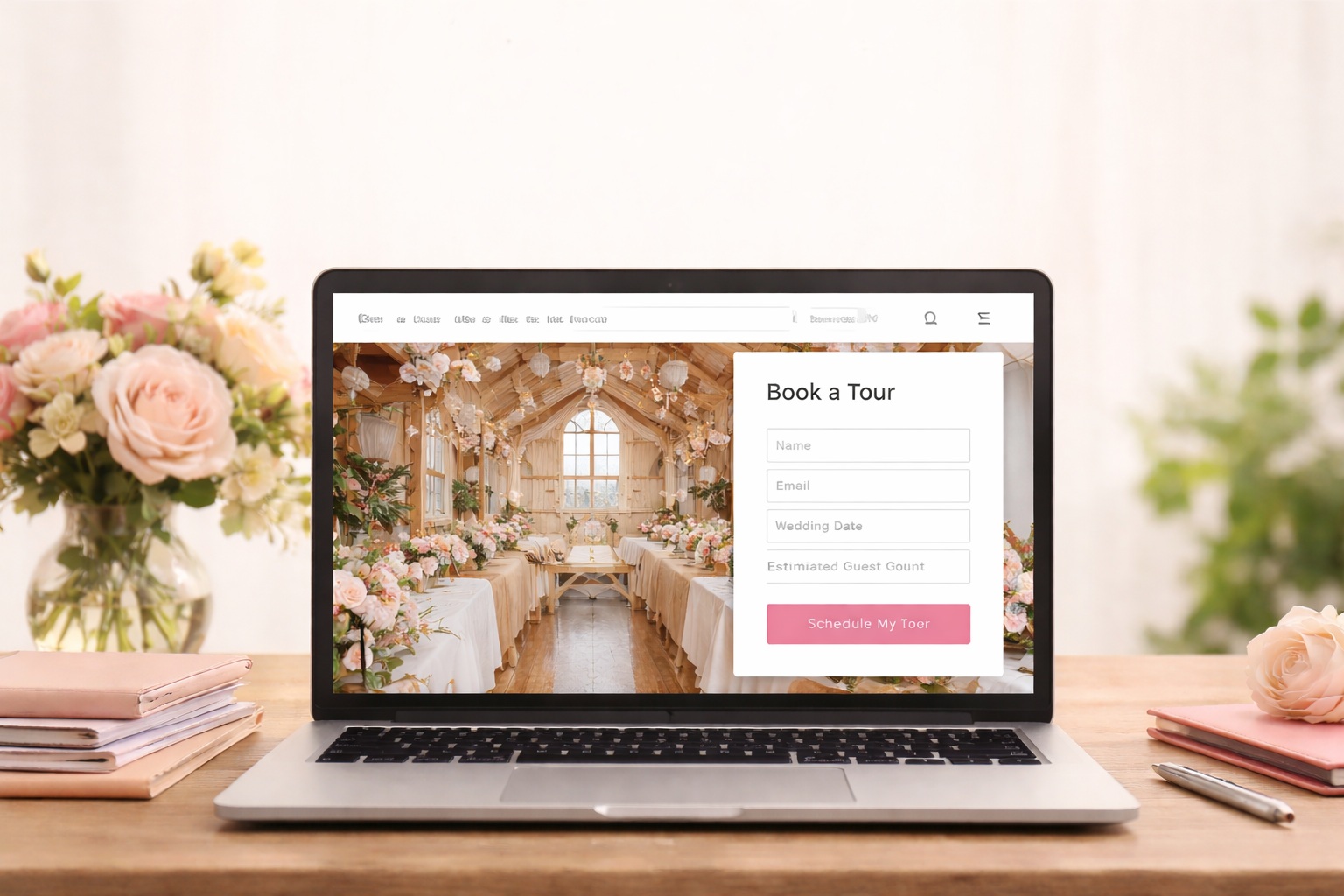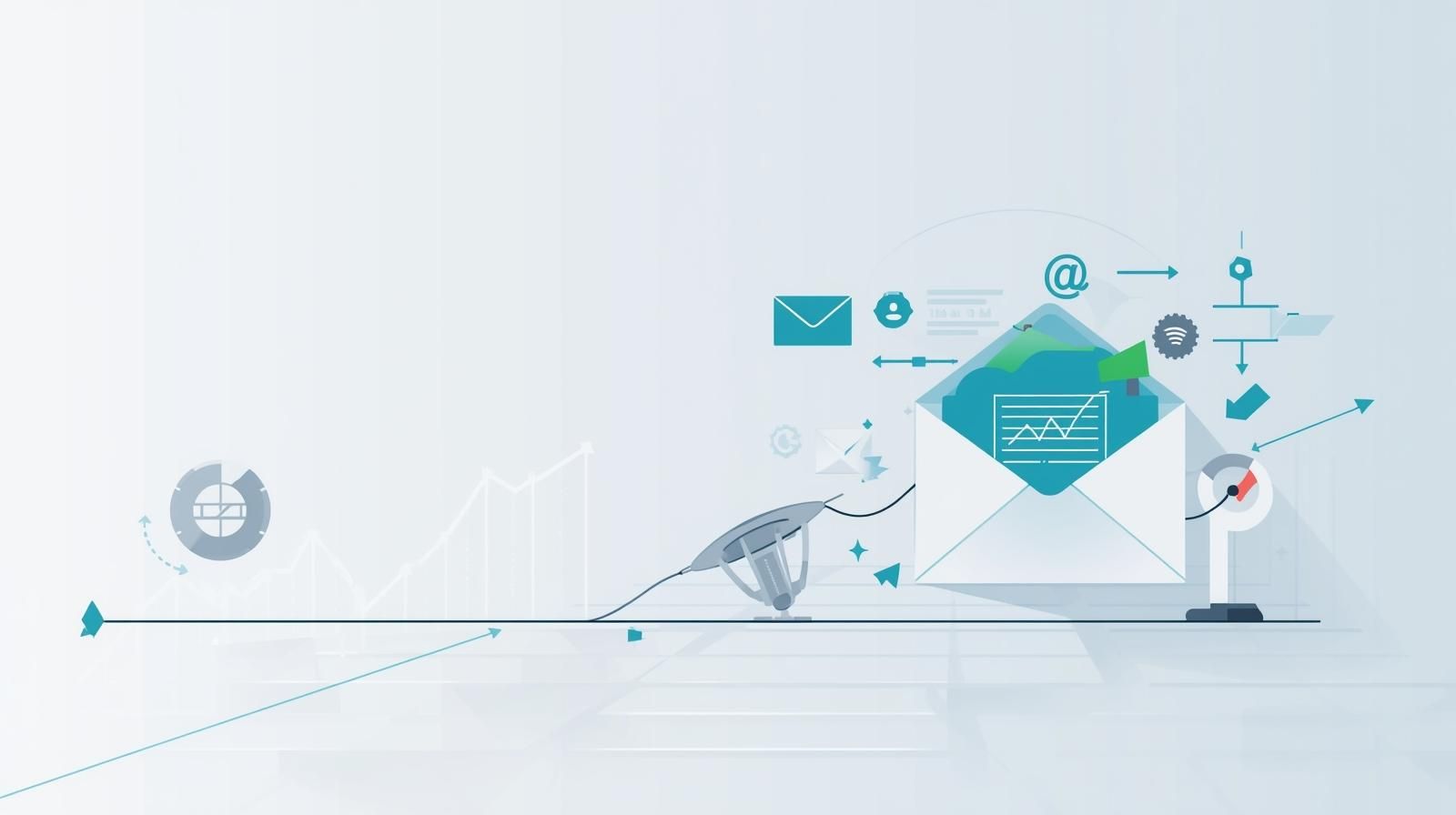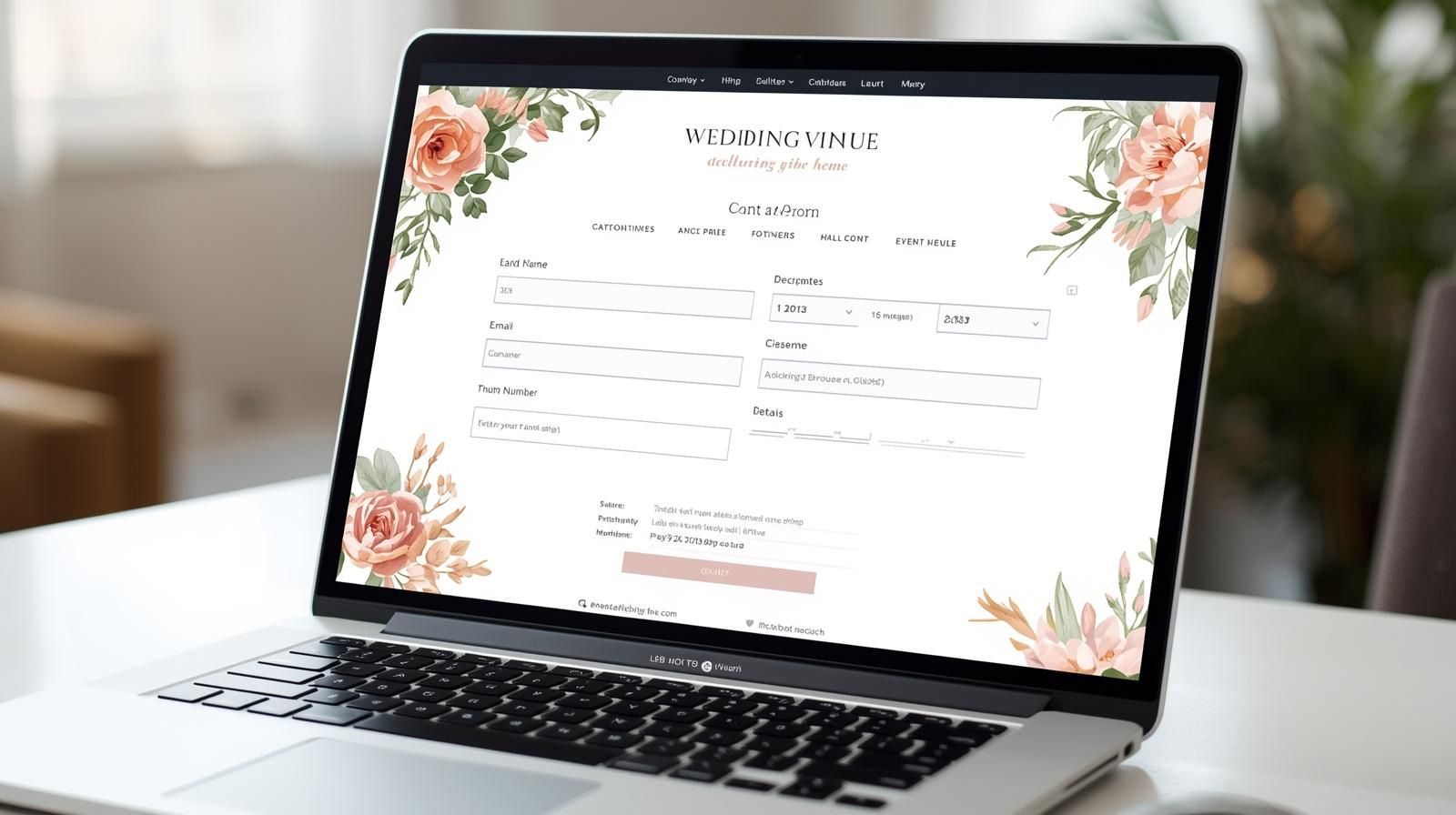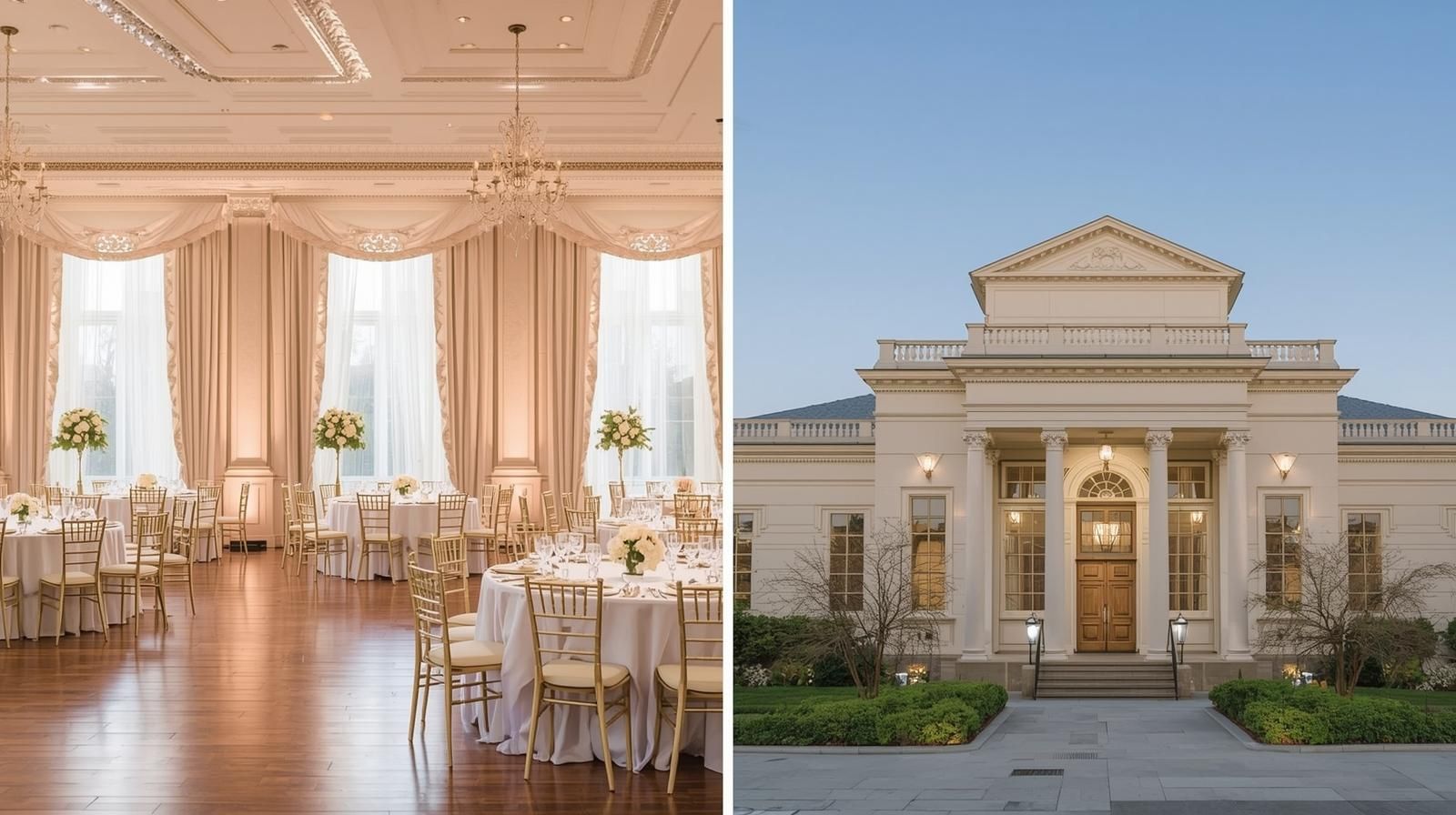Introduction: A Faster Website Can Mean More Bookings
Your wedding venue website should work just as hard as you do. If it loads slowly, visitors may leave before they even see your photos, pricing, or availability. That means fewer inquiries, fewer tours, and fewer bookings. The good news? There are simple things you can do to help lower your website’s page speed and give couples a better experience.
Page speed isn’t just about how your site looks—it’s about how it works behind the scenes. A faster website builds trust, keeps people engaged, and helps your venue stand out from the competition. Let’s look at a few easy ways to improve your site speed without needing to be a tech expert.
1. Compress Your Images
Photos are a big part of your wedding venue website, but they can also be the biggest reason it loads slowly. If your image files are too large, it takes longer for them to show up when someone visits your site. This can frustrate couples who just want to see your space.
To fix this, use tools that shrink your image sizes without ruining the quality. Programs like TinyPNG, ImageOptim, or built-in website tools can do this in seconds. Try to keep image file sizes under 500KB whenever possible, especially for gallery photos.
Your website is often the first thing couples see from your venue. If it’s clean, fast, and easy to use, they’re more likely to trust you. If it’s slow and clunky, they might assume the same about your service. In the wedding business, where every detail matters, a quick website can help set the tone for the kind of care you provide.
2. Limit Video and Animation
Videos and animations can be beautiful, but they can also slow things down. A video background or large gallery reel might look nice—but it might also make your site crawl, especially on phones.
If you use video, try adding it as a link to YouTube or Vimeo instead of uploading it directly. You can also limit animation effects like image sliders or parallax scrolling. The simpler your site is, the faster it will load.
3. Use Fewer Plugins and Add-Ons
f you built your site on a platform like WordPress, you may have added extra tools or features called plugins. These might help with forms, calendars, or pop-ups. But the more you add, the slower your site can get.
Check which plugins you really need and remove the rest. Try to use all-in-one tools when possible so you don’t stack too many features. Fewer moving parts mean fewer problems—and a faster, cleaner site for your visitors.
If your site is buried on the second or third page of Google, it’s almost invisible to most searchers. Page speed is one of the things Google checks when deciding which websites to show first. A faster website gives you a better shot at showing up higher in search results, which means more couples will find your venue without you having to spend extra on ads.
4. Choose Better Hosting
Where your website “lives” online can make a big difference. Cheap or shared hosting might be saving you money, but it could be hurting your site speed. When lots of websites share one server, things get slow.
Look for website hosts that offer better speed and uptime. Managed hosting plans may cost a little more, but they come with benefits like built-in caching, security, and performance tools. Your site will run faster and be more reliable for visitors.
5. Use Caching Tools
Caching is a way your website saves temporary versions of itself so it can load quicker for repeat visitors. Instead of reloading the entire site every time, it shows a saved version to speed things up.
Most website builders and hosting services have caching tools built in—you just have to turn them on. If you’re using WordPress, plugins like WP Rocket or W3 Total Cache are great options that do most of the work for you.
People want to enjoy browsing your site, not get frustrated by it. A good experience online can turn into a great experience in real life. When your website works well, it reflects how organized and helpful your team will be on the big day. That positive feeling starts the moment they land on your page.
6. Clean Up Your Website
Just like a messy room slows you down, a messy website slows down too. Old blog posts, broken links, outdated code, and unused pages all take up space and make it harder for your site to load.
Set a reminder to clean up your site every few months. Remove old promotions, fix any links that don’t work, and update your content. A clean website not only runs faster—it also looks more polished and professional to couples.
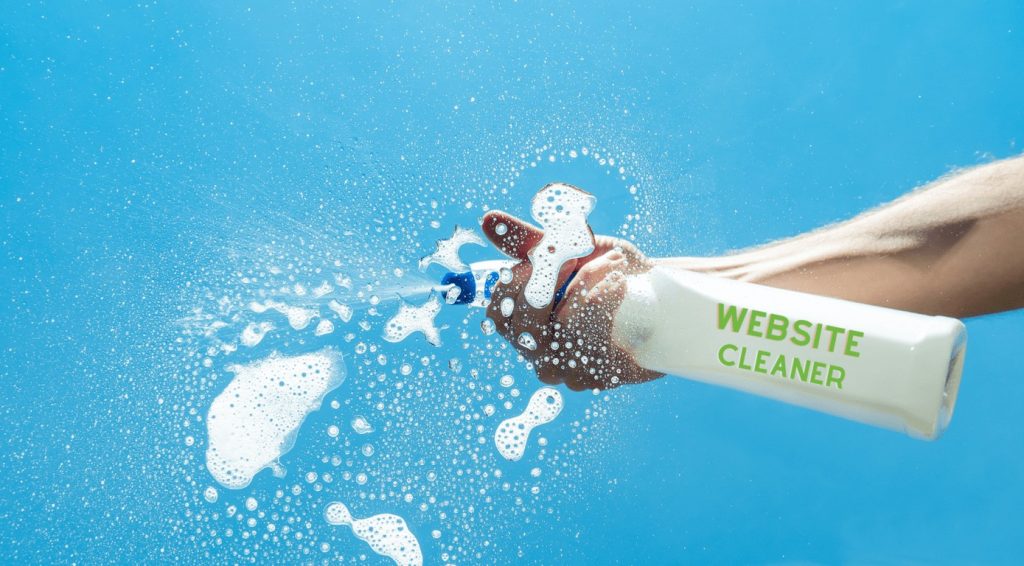
7. Check Your Site Speed Regularly
One of the best things you can do is test your website speed often. Free tools like Google PageSpeed Insights or GTmetrix will show you what’s working and what’s slowing things down.
These tools also give easy-to-follow tips and show your speed score. Try testing both your desktop and mobile versions, since many people will visit your site on their phones. Regular checks help you stay ahead of problems before they affect bookings.
Conclusion: A Fast Site Builds Trust and Gets More Inquiries
A faster website gives couples a better experience and makes your venue stand out. It helps people find you, stay longer on your site, and reach out to book a tour. Page speed isn’t just a tech issue—it’s a business tool.
The best part is that most of the fixes are easy. You can speed up your site by cleaning up old content, shrinking image sizes, or switching to better hosting. Each small step helps improve your chances of turning visitors into booked weddings.

